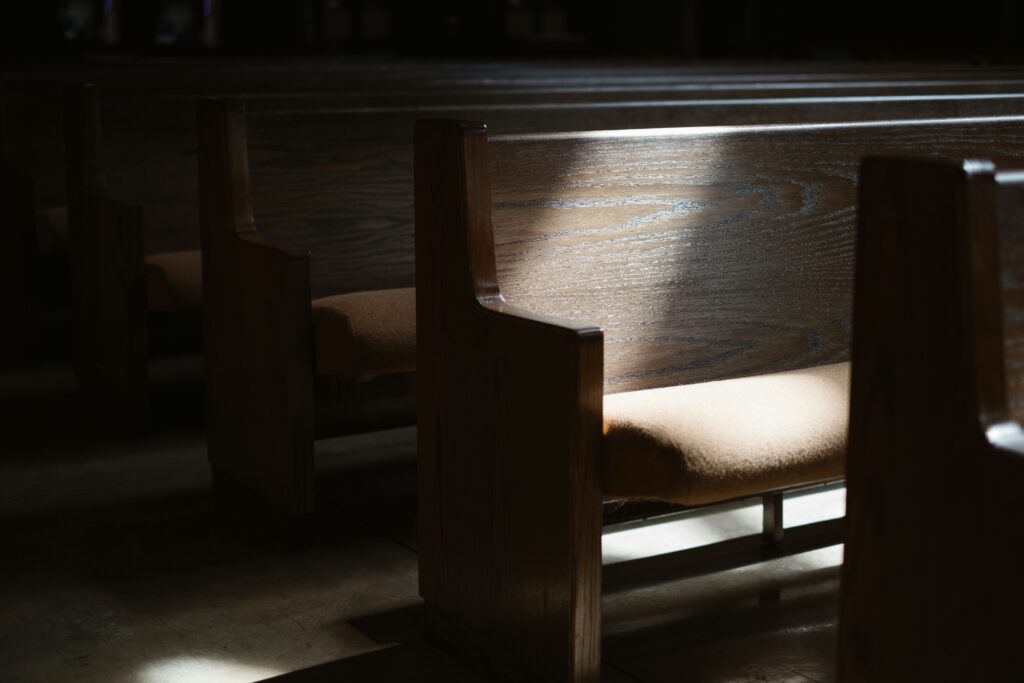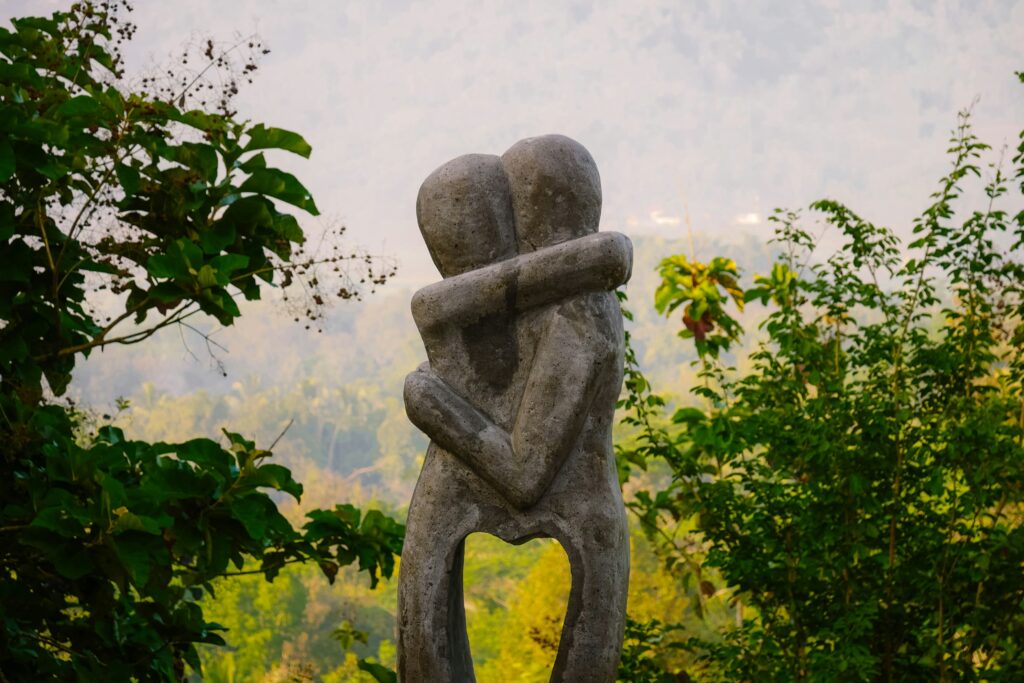The Clearest Witness That We Are Christian by Maxie Dunnam

I’ve written two previous articles on this general theme, saying yes to forgiveness. If you have not seen those articles, you can see them here and here.
I make this claim now: saying yes to forgiveness is our clearest witness to the fact that we are Christian.
Here is a powerful witness. It was 1921 in the South of Poland, following the devastation of another war. A Quaker woman had driven herself in selfless service as a nurse to that war-torn land. She spent herself in tireless love, and she died — having literally given her life away.
A question arose: Where would she be buried? It was Roman Catholic territory and church law forbade any but baptized Roman Catholics be buried in the consecrated ground of a Catholic cemetery – and that was the only cemetery around. Yet the Quaker nurse was deeply loved by all. It was a far more serious question than we modern Protestants can grasp. Where would she be buried?
Finally it was settled. The decision was made that she was to be buried just outside the cemetery fence. So it was done.
During the night, however, after the funeral, Polish peasants, faithful Roman Catholics, moved the fence so that it would include the grave of their beloved nurse inside the sacred ground.
That’s what Christ does, and that’s the task of Christians – to move fences, to tear down walls. “God was in Christ reconciling the world to Himself, and has given us the ministry of reconciliation.” (2 Cor. 5:18-19)
One of my heroes is Clarence Jordan. He comes to mind because he paraphrased this text about God being in Christ, “Putting his arms around the world and hugging it to himself.” Clarence was not a casual quoter of Scripture. He was a New Testament Greek Scholar.
His witness is more highly charged for me because he took his paraphrase personally. He founded Koinonia Farm, in southwest Georgia, as a primary witness for reconciliation in the context of rigid racial segregation and conflict.
From an early age, Jordan was troubled by the racial and economic injustice he perceived in his community. Hoping to improve the lot of sharecroppers through scientific farming techniques, he earned a degree in agriculture from the University of Georgia. During his college years he became convinced that the roots of poverty were spiritual as well as economic, and became a Christian minister.
It thrills me to ponder how God used this person, his gifts and his training. He titled his paraphrase of Scripture the Cotton Patch Paraphrase of the New Testament. He was also instrumental in the founding of Habitat for Humanity. I quote him often. “God was in Christ. Putting his arms around the world and hugging it to himself.”
Saying yes to forgiveness is our clearest witness to the fact that we are Christian.
This post is part III in Maxie’s series on Saying Yes to Forgiveness. Join us next week as we learn more about how we Forgive Others as We Forgive Ourselves
Subscribe
Get articles about mission, evangelism, leadership, discipleship and prayer delivered directly to your inbox – for free




